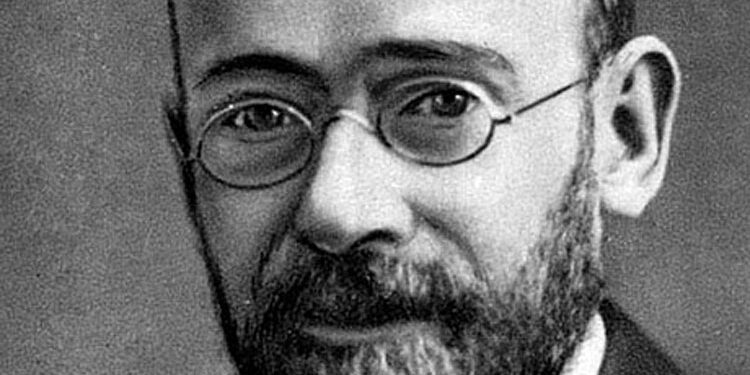Until 28 February, the Instituto Polaco de Cultura in Madrid, in collaboration with the Colegio Moncayo de Fuenlabrada and the Universidad Rey Juan Carlos (URJC), presents an exhibition dedicated to the figure of Janusz Korczak, pioneer in the field of pedagogy and a forerunner in the struggle for children’s rights.
The exhibition, whose author is Andrzej Kryński, has been prepared by the Instituto de la Memoria Nacional and can be seen in the URJC Campus Library in Fuenlabrada (Sala de Palmeras, Camino del Molino, 5).
Janusz Korczak’s educational methods, based on partnership, respect and an individual approach to the child, continue to be used and developed in many educational institutions around the world.
Janusz Korczak (1878-1942) was born in Warsaw under the name of Henryk Goldszmit. He has a degree in medicine, but is best known as a writer and educator. His literary work ranges from children’s books to educational theory. One of his best-known works is the novel King Mateíto I, which tells the adventures of a small monarch who tries to understand and improve the world of adults.
Korczak also became involved in social activities. In 1911, he founded the Warsaw Orphanage for Children of Jewish origin, where he introduced innovative educational methods. In 1919, he co-founded a second orphanage based on similar principles, Our Home, for Polish children.
During the Second World War, Korczak found himself in the Warsaw ghetto, where he continued to look after children. Despite the possibility of escape, he decided to stay with them until the end. In August 1942, he was deported with the children to the Treblinka death camp, where he died.







